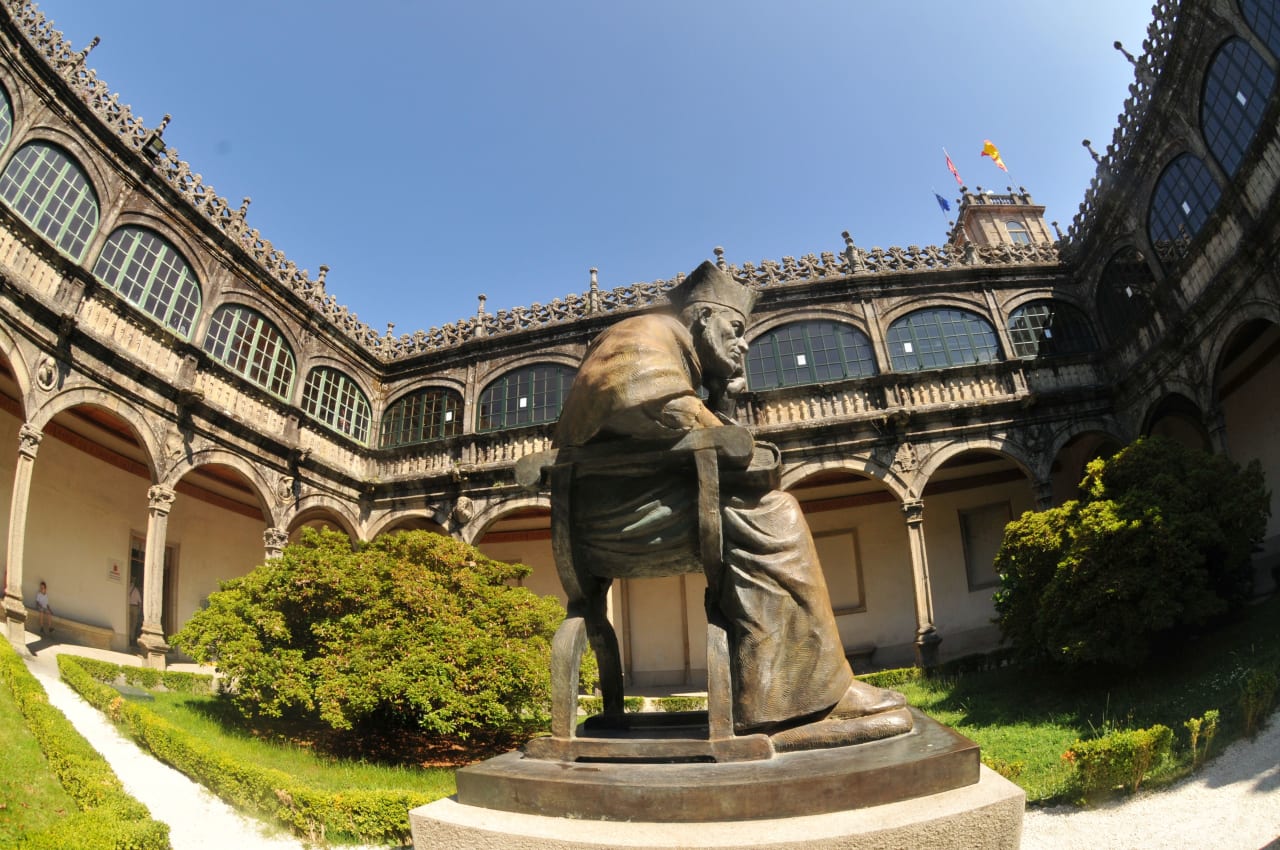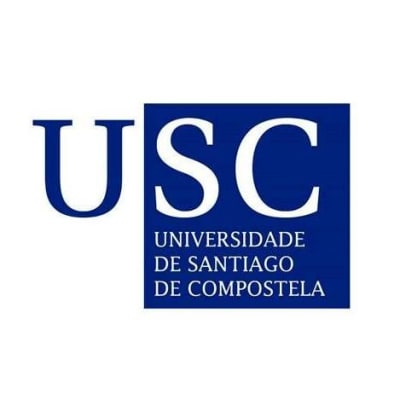
PhD in Psychological Processes and Social Behavior
Universidade Santiago de Compostela

Key Information
Select location
Campus location
Santiago de Compostela, Spain
Languages
Spanish, Galician
Study format
On-Campus
Duration
3 years
Pace
Full time
Tuition fees
EUR 200 / per year
Application deadline
Request info
Earliest start date
Oct 2024
Introduction
The implementation of a Doctorate program in Psychology arises as a proposal of the Department of Social, Basic and Methodological Psychology of the USC to the need to have a mechanism for the training of PhDs in Social and Behavioral Sciences within the Galician University System.
The group of researchers involved in this proposal is in a position to offer adequate resources to guarantee compliance with the objectives of training new competent researchers within the general field of Psychology, with diverse profiles that include both the investigation of basic psychological processes from an experimental perspective, such as the study of psychological processes in social contexts.
The Program contemplates the possibility of pursuing doctoral studies both full-time (preferred modality) and part-time, so that psychologists who work in these fields also have the opportunity to train as doctors.
Lines of investigation
- psychological processes
- Social behavior
Gallery
Ideal Students
In general, recommended entry profiles will be considered those that come from a Master's degree taught in Psychology faculties, offered by any Spanish or EHEA University.
Entry profile without training complements:
1) Students with the following master's degrees offered by USC:
- Master of Neuroscience (P2012)
- Master of Work and Organizational Psychology, Forensic Legal Psychology, and Social Intervention (P3291)
- Master of Research in Clinical Psychology and Psychobiology (P3191)
- Master of Psychogerontology (P3051)
- Master of Teaching in Compulsory Secondary Education and Baccalaureate, Vocational Training and Language Teaching (specialty in Educational Guidance, P3241)
2) Any Master's Degree in Psychology offered by any Spanish or EHEA University.
3) Students with the DEA degree obtained through the Doctorate program in Social Psychology applied to organizational and political-legal contexts, at USC, will also have access to the program without supplements.
Admissions
Curriculum
Formation activities
- Design and preparation of the thesis project E3091A01
- Specific data analysis techniques E3091A02
- Workshop on handling laboratory equipment E3091A03
- Scope of the scientific method in the field of psychology E3091A04
- The role of science in society and ethical commitment E3091A05
- Scientific sessions E3091A06
- Presentation of communications and posters at conferences E3091A07
- Preparation and presentation of articles in journals with a peer review system E3091A08
- Mobility E3091A09
Training complements
- Motivation, Emotion and Conditioning G2011105
- Research Designs in Psychology G2011107
- Social Psychology G2011108
- Perception and Attention G2011221
- Psychology of Memory G2011222
- Learning G2011223
- Psychology of Social Interaction G2011226
- Psychology of Thinking G2011227
- Psychology of Language G2011228
- Group Psychology G2011231
- Social Psychology of Communication G2011449
- Intervention and Prevention in Contexts of Violence G2011450
- Social Conflict and Political Action P3291103
- Advanced methodology in Social Research P3291201
- Strategies and techniques of intervention and social communication P3291213
- Social intervention and gender P3291214
- Social intervention in violence and crisis P3291215
In the case of other types of profiles different from the previous ones, the academic committee will evaluate each case individually. The possibility of requiring additional training (up to 15 ECTS) to be determined from among the subjects taught in the Psychology Degree and/or the master's degrees that give direct access to the program will be considered.
Program Outcome
The group of researchers involved in this proposal is in a position to offer adequate resources to guarantee the fulfillment of the training objectives of new competent researchers within the general field of Psychology, with diverse profiles that cover both the investigation of basic psychological processes from an experimental perspective, such as the study of psychological processes in social contexts.